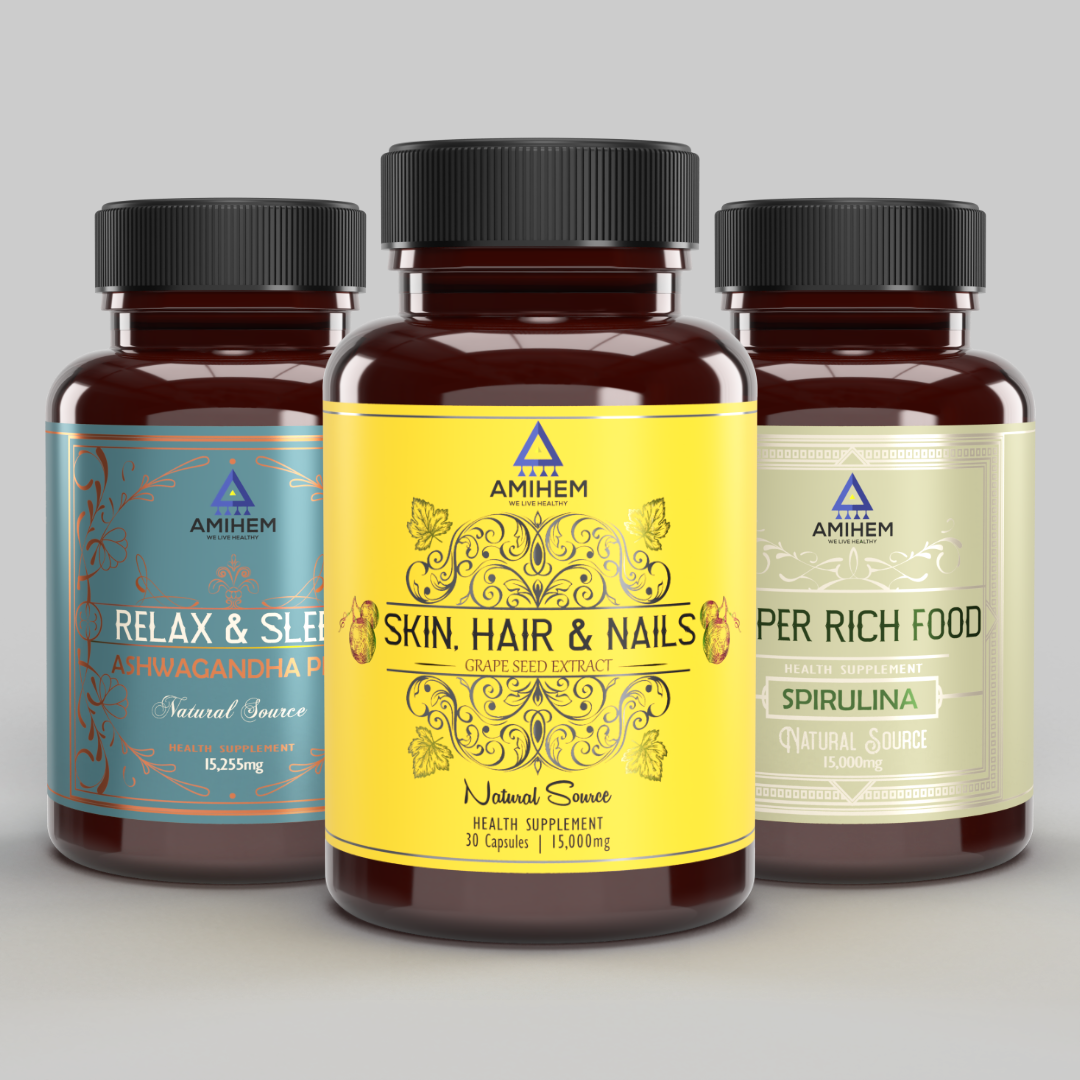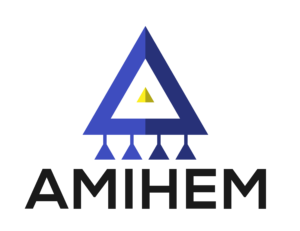Vegetarian and vegan diets offer a wide range of health benefits, including a reduced risk of chronic diseases and a smaller environmental footprint. However, these diets can sometimes lack certain nutrients found primarily in animal products, such as vitamin B12, omega-3 fatty acids, and iron. By incorporating lifestyle supplements into a plant-based diet, individuals can bridge these nutritional gaps and maintain their health without compromising their ethical beliefs.
Essential Supplements for Vegetarians and Vegans
1. Vitamin B12: An Essential Supplement for Plant-Based Diets
Vitamin B12 plays a crucial role in maintaining neurological health, supporting red blood cell formation, and aiding DNA synthesis. Since it is predominantly found in animal-based foods, vegetarians and vegans are at an increased risk of B12 deficiency, which can lead to fatigue, anemia, and neurological issues. Research supports the need for lifestyle supplements like vitamin B12 to prevent deficiencies in those following plant-based diets, ensuring optimal health. For instance, taking natural supplements for health that contain vitamin B12, such as fortified foods or sublingual supplements, can provide much-needed nourishment .
2. Omega-3 Fatty Acids: Vital for Heart and Brain Health
Omega-3 fatty acids, particularly EPA and DHA, are critical for brain function, reducing inflammation, and supporting cardiovascular health. While omega-3s are primarily found in fatty fish, plant-based supplements derived from algae offer a vegan-friendly option. Studies have shown that omega-3 supplements from algae are just as effective as fish-based omega-3s for promoting cardiovascular health and brain function. Incorporating these plant-based immunity boosters for health-conscious youth into a vegan diet can enhance cognitive function and heart health .
3. Iron: Boosting Iron Absorption with Supplements
Iron is essential for oxygen transport, energy production, and immune function. While plant-based foods like lentils, beans, and spinach are rich in iron, they provide non-heme iron, which is less easily absorbed by the body compared to the heme iron found in animal products. Therefore, vegetarians and vegans need to be especially mindful of their iron intake. To enhance absorption, iron supplements should be paired with vitamin C, as this vitamin improves the absorption of non-heme iron. Some individuals may need additional iron supplements if they have higher iron needs, such as athletes, pregnant women, or those with heavy menstrual cycles.
For those struggling to get enough iron from food alone, supplements for overall wellness like iron-based supplements can help bridge the gap, ensuring you maintain healthy energy levels and immune function .
4. Vitamin D: Vital for Bone Health and Immunity
Vitamin D is essential for bone health, immune support, and overall well-being. While exposure to sunlight is the primary source of vitamin D, it can be challenging to get enough, particularly for individuals who live in regions with limited sunlight. Since vitamin D is also found in animal products, Ayurvedic lifestyle supplements that include vegan-friendly vitamin D2 from mushrooms or D3 from lichen can be a great plant-based alternative. Supplementing with vitamin D can help maintain healthy bones and a strong immune system, particularly for those following a plant-based diet .
5. Protein: Supporting Muscle Recovery and Overall Wellness
Protein is essential for muscle repair, immune function, and the creation of enzymes and hormones. While vegetarians and vegans can obtain protein from plant-based foods like lentils, quinoa, tofu, and legumes, those with higher protein needs, such as athletes or fitness enthusiasts, may benefit from plant-based protein supplements. Protein powders made from pea, hemp, or brown rice protein are excellent options for meeting daily protein requirements, especially for those engaging in regular physical activity or muscle recovery post-workout. These natural supplements for fitness performance can aid in building and repairing muscle, ensuring optimal recovery .
Best Practices for Integrating Supplements into Your Vegan or Vegetarian Diet
To effectively integrate lifestyle supplements into a vegetarian or vegan diet, follow these best practices:
-
Consistency is Key: Make supplementation a part of your daily routine. You can incorporate your supplements into smoothies or meals to ensure consistency and make it easier to remember.
-
Optimize Absorption: Some nutrients work better together. For example, pairing iron supplements with vitamin C enhances absorption, while omega-3 fatty acids are more effective when consumed with anti-inflammatory supplements like turmeric.
-
Consult a Professional: Before starting any supplement regimen, especially if you are considering high doses, it’s always best to consult a healthcare provider or nutritionist to ensure the supplements align with your specific health needs.
Conclusion
Integrating lifestyle supplements into a vegetarian or vegan diet is an excellent strategy to support health and fill potential nutritional gaps. Supplements such as vitamin B12, omega-3 fatty acids, iron, vitamin D, and protein help ensure you get the essential nutrients you might not always get from a plant-based diet alone. Whether you are a fitness enthusiast or someone looking to boost your energy naturally with supplements, adding these key nutrients can support your health goals while maintaining a plant-based lifestyle.
For those searching for the best health supplements in India or Ayurvedic supplements online, plant-based options are widely available, offering the benefits of traditional herbs for modern wellness.
References
- National Institutes of Health Office of Dietary Supplements. "Vitamin B12." NIH
- Vries, J. H. de, et al. "Vitamin B12 Deficiency in Vegetarians." European Journal of Clinical Nutrition, 2019. Study
- "Omega-3 Fatty Acids and Plant-Based Diets." Journal of Clinical Lipidology. Study
- "Iron Absorption and Plant-Based Diets." American Journal of Clinical Nutrition.
- Ball, M., et al. "Improving Iron Absorption in Vegetarian Diets." Journal of Nutrition Science, 2017. Andrew M. Prentice, Yery A. Mendoza, Dora Pereira, Carla Cerami, Rita Wegmuller, Anne Constable, Jörg Spieldenner, Dietary strategies for improving iron status: balancing safety and efficacy, Nutrition Reviews, Volume 75, Issue 1, January 2017, Pages 49–60, Study
- "Plant-Based Sources of Vitamin D." Journal of Nutritional Biochemistry.
- "Plant-Based Proteins for Active Lifestyles." Journal of the International Society of Sports Nutrition, 2021.


